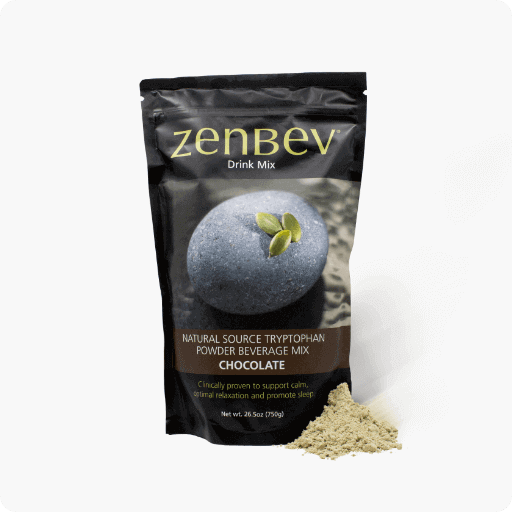How Sleep Medications Work

Last time we discussed sleep medications, we outlined their various classifications and the differences between their mechanisms. Here we aim to further your understanding of the science behind these methods and their side effects.
On A Molecular Level
Sleep regulation occurs in various locations within the brain, mostly driven by the molecular interactions of neurotransmitters and hormones. Some of the neurotransmitters most implicated in sleep regulation include GABA (gamma-aminobutyric acid), histamine, norepinephrine, acetylcholine, and serotonin.
One of the primary features of the sleep-wake cycle is the relationship between GABA and histamine. When GABA levels increase as histamine levels coincidentally decrease in the brain, NREM sleep (the first stage of sleep before deep sleep) is activated. GABA reduces excitement in neuronal activity, effectively preparing your brain for sleep. Histamine, on the other hand, is implicated in promoting wakefulness in the brain. The reduction of its activation at a receptor site can induce a sleepy feeling, marking it as a useful tool in the pharmaceutical treatment of insomnia.
Benzodiazepines
GABA is the neurotransmitter that hypnotic drugs such as benzodiazepines target with the express goal of increasing its activation. Most benzodiazepines will bind to a specific GABA receptor site, agonizing the receptor and furthering the sedating effects of the neurotransmitter. Benzodiazepines are not without their side effects, however. Many of the classic benzodiazepines that are approved for the treatment of insomnia feature a rapid increase in tolerance to the drug, making them not recommended for long-term use in the treatment of insomnia. This table, courtesy of the National Library of Medicine, features a list of all FDA-approved benzodiazepines and their known side effects.
Antihistamines
Another group of medications that are occasionally used for sleep are first-generation antihistamines. These are drugs that are typically used to treat allergy symptoms, though people may turn to them for a quick fix to their insomnia. Their sedative properties derive from their blockage of the H1 receptor, which processes histamine. Since increased histamine levels are both the culprit for many allergy symptoms as well as regulation of wakefulness, the blockage of the receptor that processes histamine induces a sedating effect. Antihistamines are not recommended for clinical use due to their fast tolerance buildup and the reduced sleep quality they provide. They are rather inefficient and should not be considered a serious alternative to the clinical treatment of insomnia.
Antidepressants
Outside of the hypnotic and over-the-counter classifications, there are a variety of antidepressant medications that also happen to work as sleep aids. The mechanisms by which they induce sleep are different for each drug. For instance, the medication known as Trazodone is typically used to treat depression. It can also be used to treat insomnia at low doses, however, due to its inhibition of the brain’s serotonin and histamine receptors.
Another example of an antidepressant that can be used to induce sedation is Mirtazapine. Mirtazapine also blocks the H1 receptor that processes histamines, causing it to induce drowsiness at lower doses. The effect of antidepressants on REM sleep and sleep quality is quite low, though patients may find themselves dependent on the antidepressant’s sedative quality once the treatment plan is finished. Those who find themselves suffering from insomnia as a result of depression will often be prescribed these sedative antidepressants, though their results are not entirely perfect.
Conclusions
All these medications are a marvel of science and have their intended use. We come to depend on medications in more ways than one, however. It is important to understand them and be aware of their pros and cons. We are partial to a non-medical option called Zenbev Drink Mix which works within your system naturally and will never lead to tolerance or dependence. By providing the food ingredients your body needs to produce natural serotonin and melatonin, Zenbev is uniquely positioned to be considered the best natural sleep aid. Zenbev is the most natural sleep support you can find, a perfect mix of medical and natural as it was invented by a medical doctor with published, peer-reviewed clinical trials. You can come to depend on that in all the right ways.




